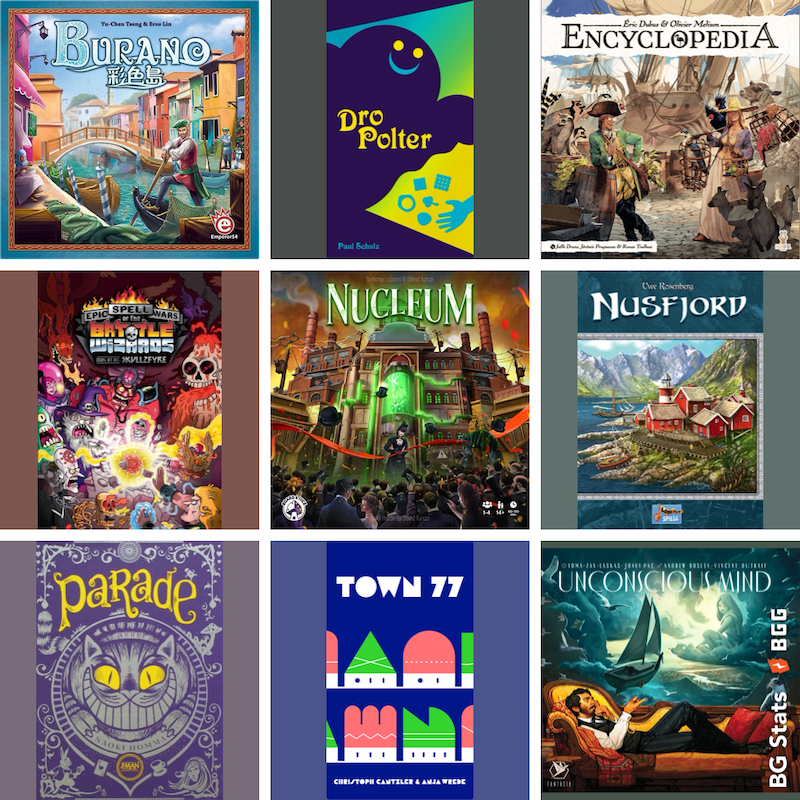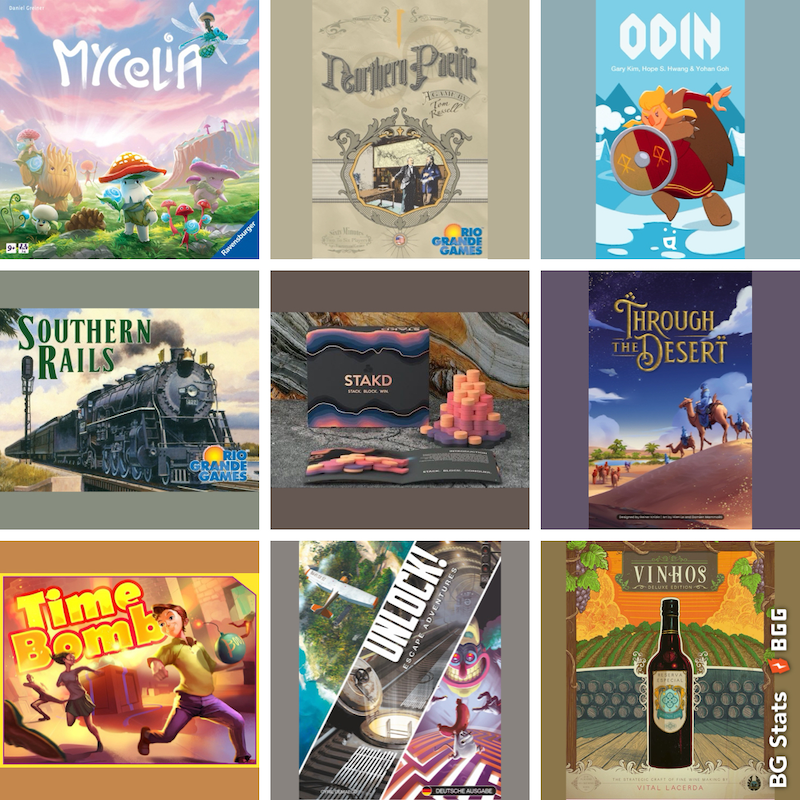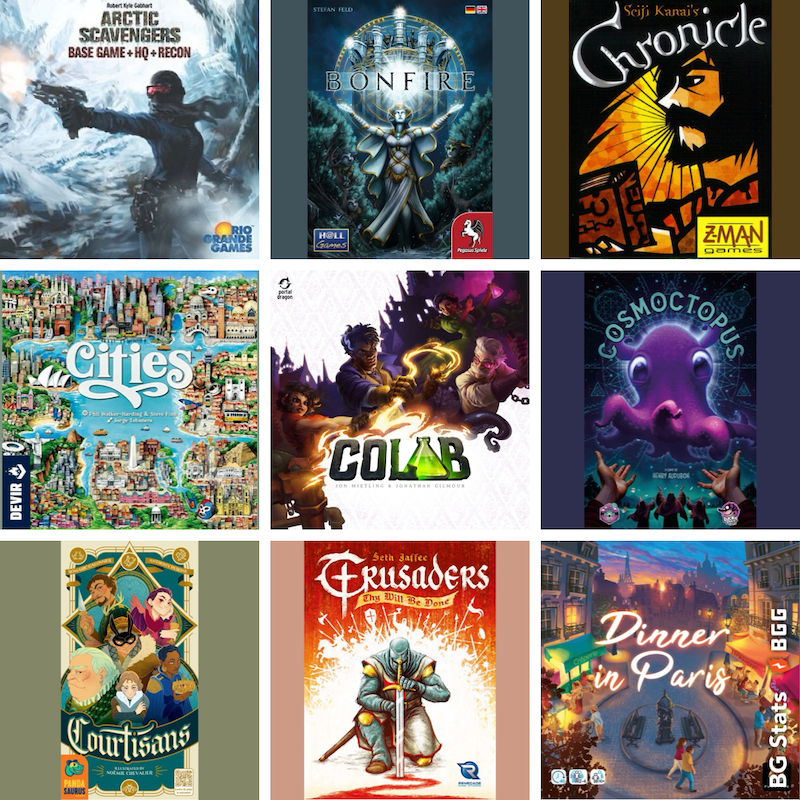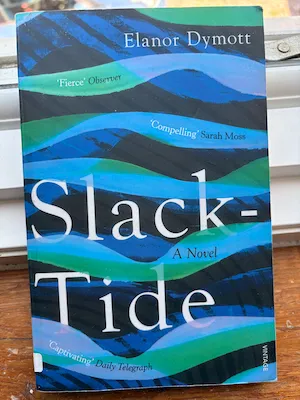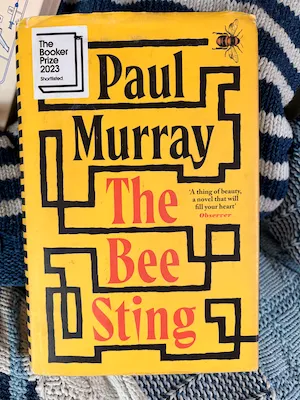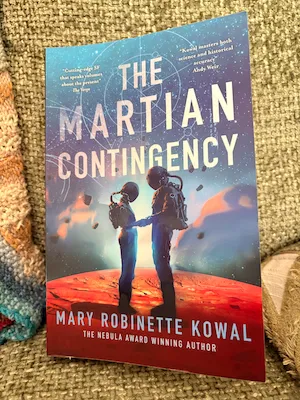X + Y
by Eugenia Cheng
Monday, August 12, 2024
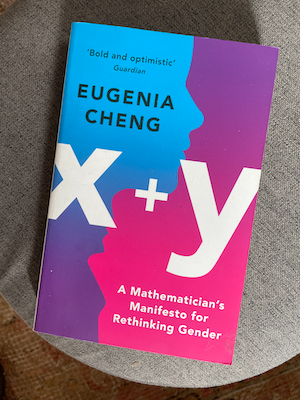
The subtitle of the book is “A Mathematician’s Manifesto for Rethinking Gender” and boy, do I have all the thoughts about this one. I’m not at all sure I can get them from my head onto the page in a way that’ll make much sense to anyone else. But the primary reader I have in mind whenever I write anything on this site is future-me (who is, btw, a complete idiot who forgets everything) so I’ll do my best.
The first half of the book explains a lot about maths and what it comes down to, to me, is showing how maths takes concepts to pieces to analyse them, abstracting them, sometimes simplifying them, so that we can get insight into the actual mechanics that are at play rather than getting caught up in complex interplays of different ideas or names for things that we have preconceptions about. And then the second half of the book is applying that by giving other names than ‘male’ and ‘female’ related ones to things so that we remove the gendered associations from them and can analyse what’s actually happening. I love the way it’s done. The first half of the book was great, the second half I had more issues with, mostly because I wanted things to go further, to get split into more dimensions and find more answers. But I think Cheng’s decision to keep it simple was probably the right one, both to keep the book on track and to seek out solutions to problems with a simple model. The solutions found by the simple model might not be perfect but they are something to look at and see how the model could be improved next, and that is very much how maths does solutions.
My interaction with the book was hugely complicated by my own personal history as a drop-out of the research maths game. Cheng’s examples come primarily from the intersection of maths and education and the text kept pinging up examples in my own mind of where my own fledgling research career went awry and my PhD research was never completed. It’s not something I usually dwell on these days but it does go round in my head from time to time and over the years I’ve gone from feeling like a personal failure to realising that at least some of the responsibility for the failure was with the system (which encompasses the whole world) I was working in. And this book has given me some more ideas to work with in my own mind that I hadn’t thought about much before. What saddens me now is that there’s no real way I can harness the thirty years of thoughts I’ve had on the subject in any way that would help others.
The most valuable section of the book might be the at very end where Cheng lays out ways you can take the insights from the book into the real world. I especially liked the role-play section at the end, not least because in getting to it I learned why, on the odd occasion when I have a good wisecracking reply to a put down I hate myself if I actually get to use it. Which wasn’t really the insight I was expecting to get from a book about maths, but I’m happy with it!
All in all, I thought it was a clever book that took an idea that didn’t seem like it could be mathematical and ran with it and came up with interesting insights.

